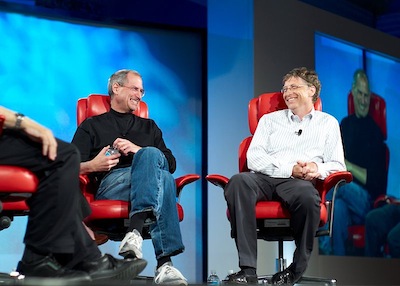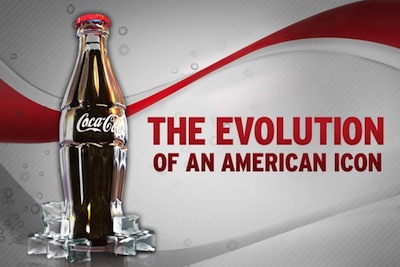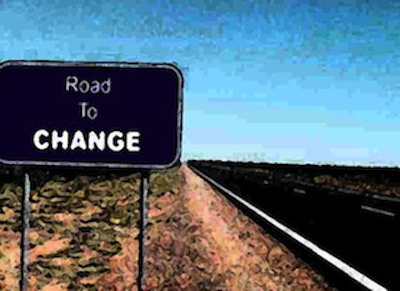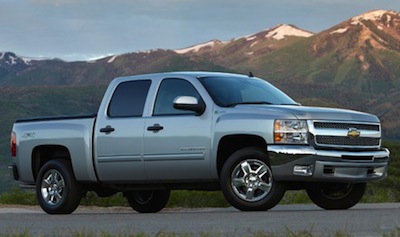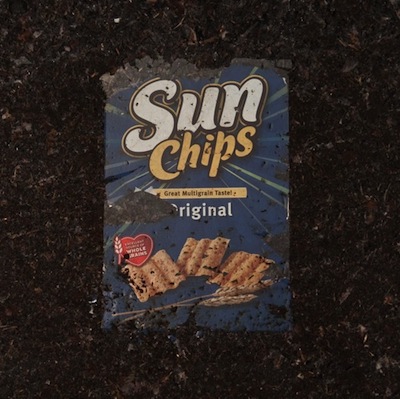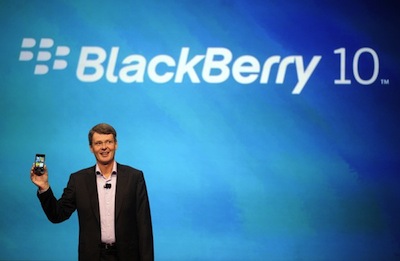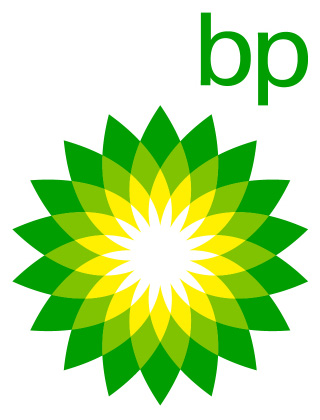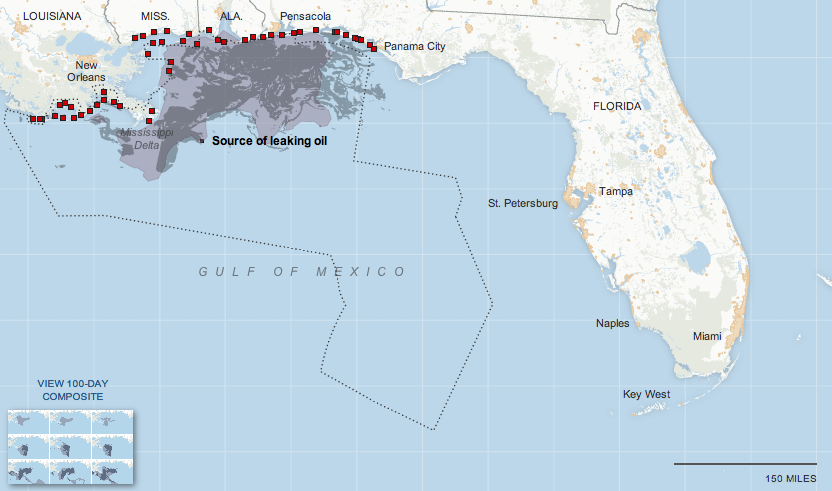This post is a follow up on my post titled BP’s Enormous Oil Spill.
British Petroleum has been fined 4.5 billion in criminal fines and penalties. This fine comes after a lengthy trial process, and this marks the resolution of only one of the many lawsuits filed against BP. For a company like BP, which has profits of around 25 billion a year, a fine of 4.5 billion seems like a slap on the wrist.
It sets an example for many other companies, that carry the chance of environmental harm in the oil driven industries, but i believe for an oil giant like BP it just isn’t enough to teach them a lesson. You just can’t put a price on the lives lost on that oilrig, and the permanent damage caused to that entire ecosystem. This small fine allows BP to shrug off their unethical safety practices to increase their profit. BP has a rough road ahead of them, and maybe future lawsuits may hinder their ability to neglect critical safety measures.
This isn’t the end of the punishment that BP faces, as there are countless lawsuits still pending.

